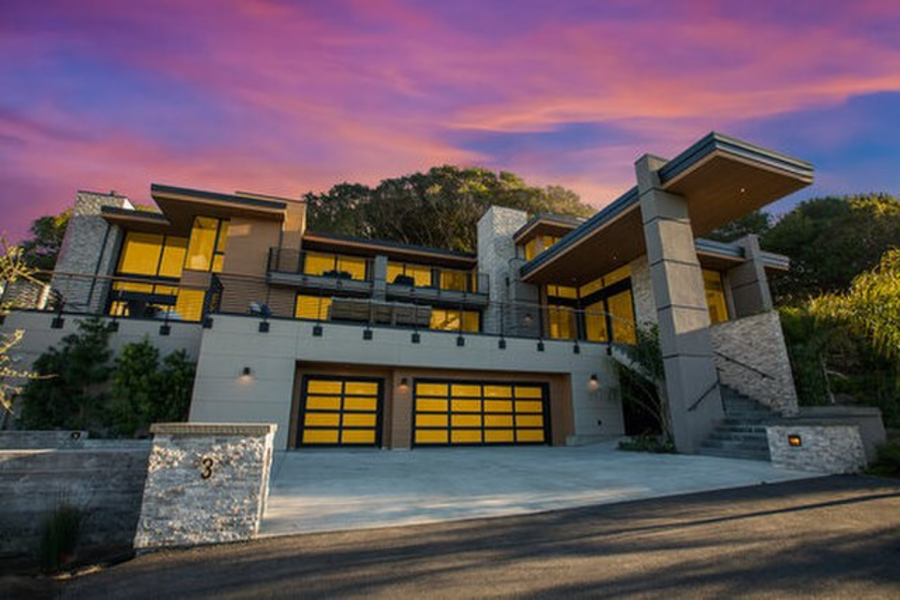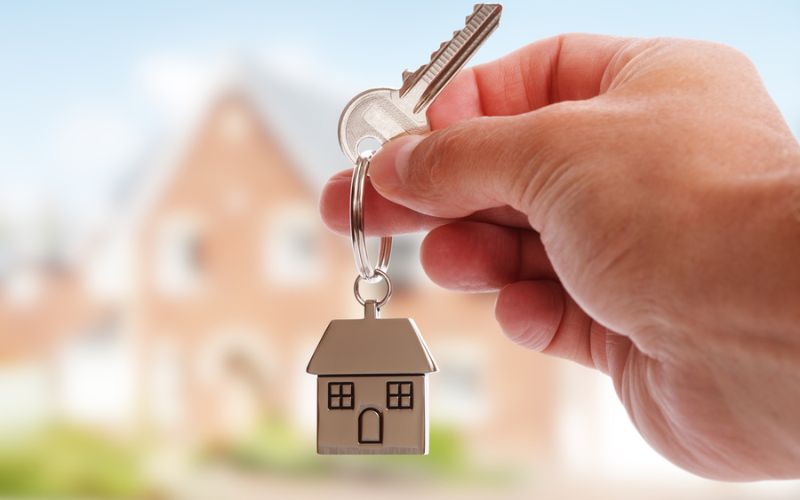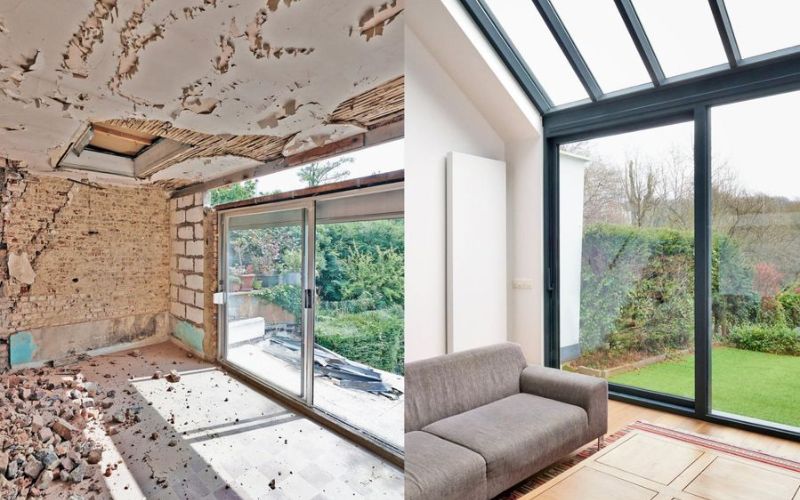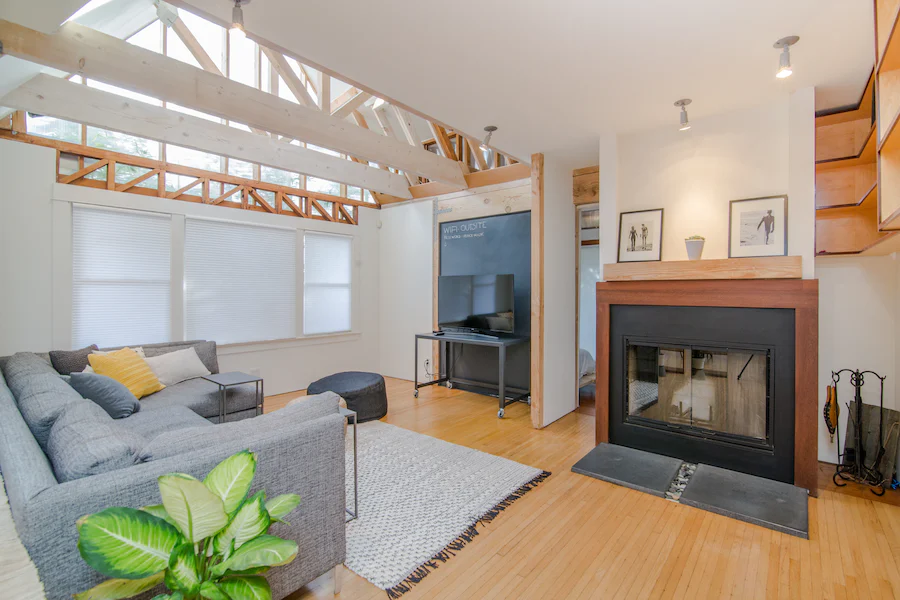House flipping is the practice of purchasing inexpensive houses that need repairs, renovating them, then reselling them at a higher price.
While house flipping can be profitable, it also carries financial risk, especially for beginners. When flipping houses, there are various financing options available:
Conventional loans not guaranteed by a government body are the most popular and generally have lower costs.
Seeking loans from family or friends can help avoid the costs associated with conventional mortgage lenders.
Hard money loans and private lenders are available, but as they usually have high-interest rates and short terms.
Seller financing is also an option, where the buyer directly arranges a loan with the property seller.
Home equity loans or home equity lines of credit (HELOCs) are additional options that leverage the equity in an existing property.
The best loan type for flipping a house depends on individual circumstances and preferences. Read the full article:
Buying cheap houses that frequently need work, fixing them up, and then reselling them for more money than you spent is known as house flipping. Although flipping can be a successful business, there is a high financial risk involved, particularly for newcomers.
, home flipping purchase prices, profit margins, and sales decreased in 2020, but given the COVID-19 pandemic, experts say these numbers are not shocking to those in the business.
Keep reading to find details on bank loans for flipping houses, as well as some general information on different types of house flipping loans you can use to renovate a home.
The Costs Of Flipping Homes
Although purchasing, repairing, and rapidly reselling properties can be profitable, buying a home that you want to live in is much more expensive than flipping a home. Not only do you need the money to buy the property, but you also need money for renovations and the resources to pay for homeowners insurance, taxes, and utilities from the day the sale ends until the property is sold.
Furthermore, in Canada, selling a home that the owner has owned for less than a year is referred to as “flipping,” and the proceeds from the transaction are subject to business income tax. When conducting your research, it’s crucial to keep these things in mind.
Conventional Loans
Mortgage loans that are not guaranteed by a government body are known as conventional loans. Although they don’t offer some of the advantages of government loans, conventional loans continue to be the most popular kind of mortgage loan. They come in all different shapes and sizes.
It’s crucial to understand the advantages and disadvantages of each of your choices before making a decision because there isn’t a single mortgage loan that is best for everyone. The advantages of a conventional loan are that they are generally lower cost. A conventional loan usually requires credit scores of at least 620, which is higher than what is needed for some government-backed loans.
Family or Friend Loans

It’s certainly a choice worth thinking about to ask your family or friends to lend you money for your real estate investment. This can be a wonderful way to avoid many of the expensive extras of borrowing money from conventional mortgage lenders if your friends or family are interested in investing in your project.
However, there are some restrictions you need to be aware of when using loved ones for a personal loan. Relationships and money don’t always go together well. You should exercise caution when you want to borrow money from someone with whom you have a close connection.
Hard Money Loans and Private Lenders
These loans have a limited term and high-interest rates, just like bridge loans. However, there are distinctions. In order to finance commercial real estate developments until long-term financing becomes available, bridge loans are frequently used. On the other hand, hard money lenders act as last-resort lenders to finance troubled ventures.
The borrowers may be behind on their current loans, be in danger of filing for bankruptcy, or be the subject of a repossession. Hard money lenders will underwrite a loan for a borrower who would otherwise have no other financing options. This is a key competitive advantage they have over conventional banks.
Hard money loans are made by private investors rather than by institutions. A loan-to-value (LTV) ratio is frequently used by these people or small businesses to gauge whether or not they will lend.
Minimum Credit Score For A Hard Money Loan
Hard money lenders do look at applicants’ credit ratings when considering a loan application, just like they would with any other loan. In general, a credit score of at least 620 is preferred, but once more, lenders may be flexible based on the borrower’s background in real estate investing.
A hard money lender is more likely to issue a loan for borrowers who have lower credit scores as long as they can demonstrate a successful track record of flipping. It is a good idea for borrowers to take measures to raise their credit score in advance of applying to a hard money lender for flipping houses to increase their chances of approval.
Seller Financing and Hard Money Lenders
Instead of going through a financial institution, seller financing is when the buyer has a loan arrangement directly with the seller of the property. This may be helpful if you’re having trouble obtaining a loan because of poor credit or a lack of funds for a down payment.
Sellers’ criteria for flip financing might also be less stringent. You will typically incur lower closing costs as well because a bank isn’t involved in the transaction. Mortgage points (fees given to the lender as part of the closing costs to lower the interest rates), origination fees, and other expenses frequently connected with lender financing can be avoided.
Home Equity Line Of Credit or Home Equity Loan

Your monthly payments won’t change much because, for the most part, home equity loan interest rates and payments are set. The precise amount of money you can borrow with home equity loans will depend on variables like your income, credit history, and the value of your home. Generally, you can borrow up to 85% of the home’s value.
There are also revolving lines of credit that are secured by your house, known as a home equity line of credit, or HELOC. Although it looks like a second mortgage, it works much like a credit card because you have a credit amount you can access whenever you need it. HELOCs can be used for anything, which makes them a good source of capital for home flipping.
What Type Of Loan Is Best For Flipping A House?
A fix-and-flip loan is made specifically for debtors who want to sell their homes. This kind of hard-money loan gives the borrower the money for a down payment to buy and renovate the home before turning a profit on the sale. typically come from a private lender or investor rather than from conventional lenders like banks.
A residential mortgage could be flipped, but the loan conditions might have a prepayment penalty that would reduce your earnings. At the end of the day, the bank loan that is most suitable for funding your flipping project will depend on your own specific situation.









